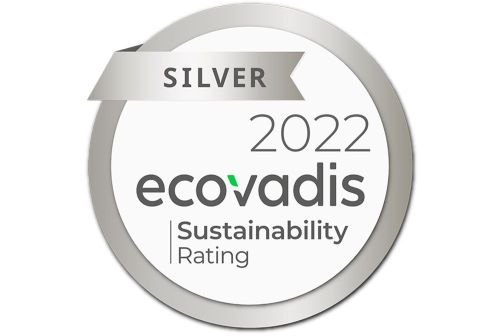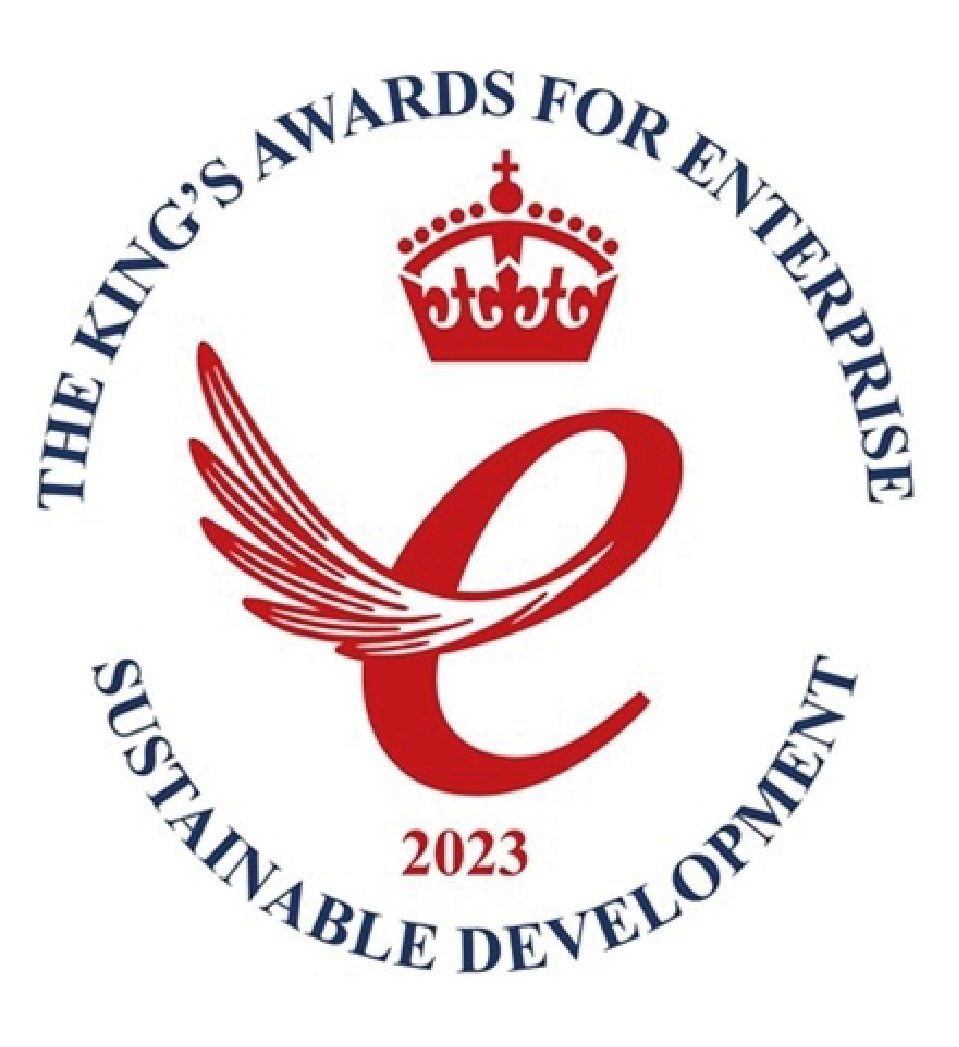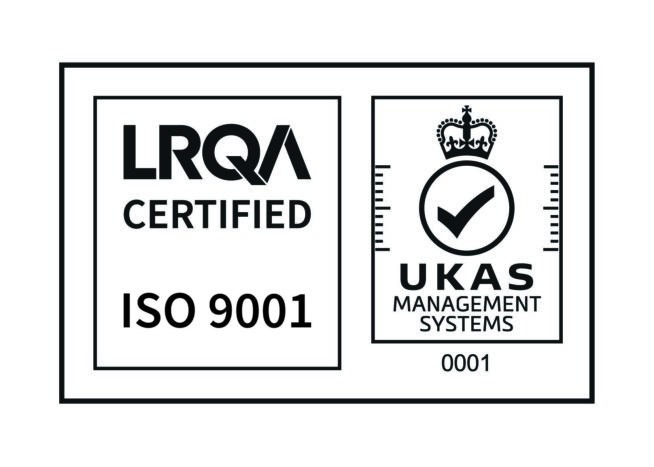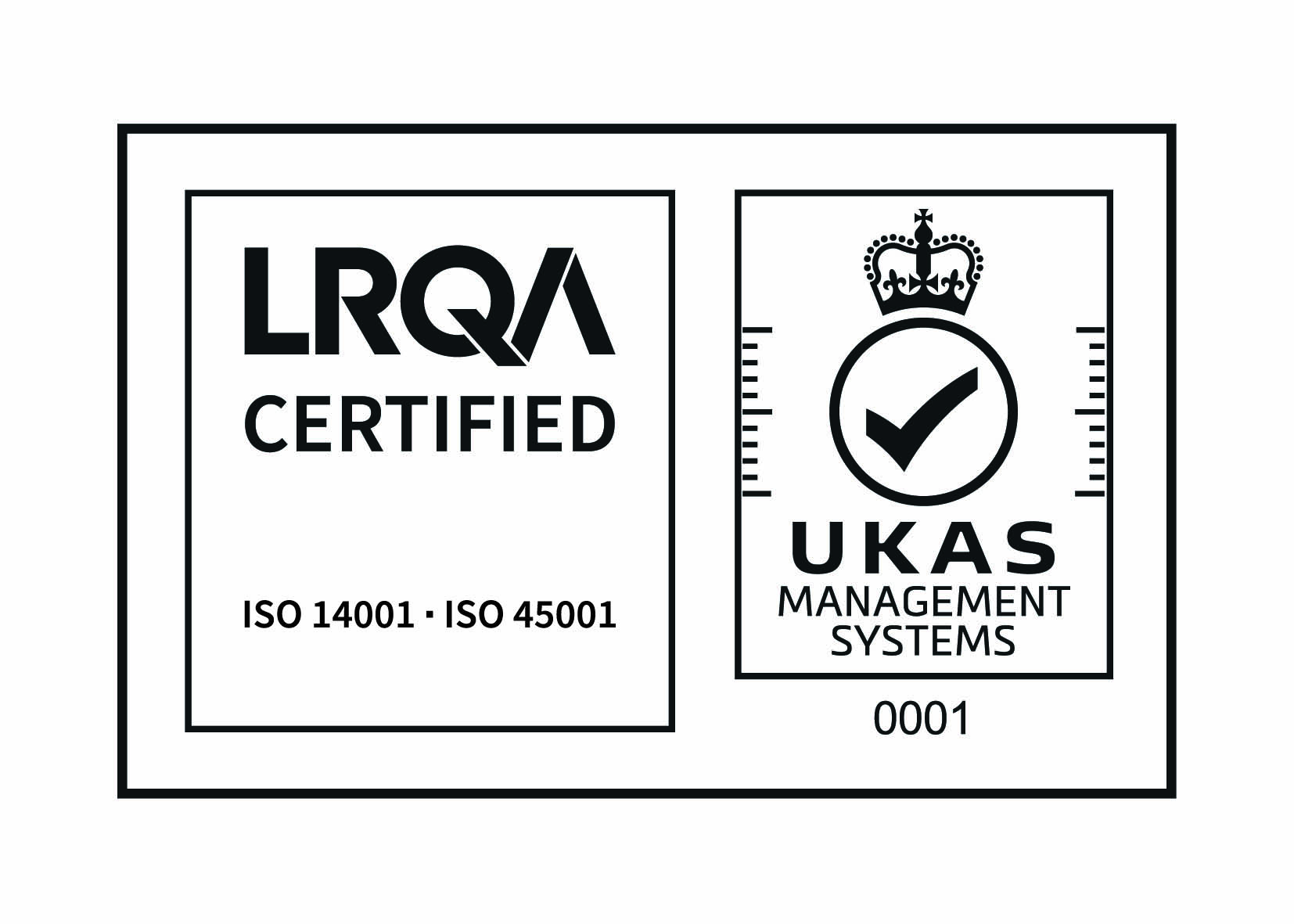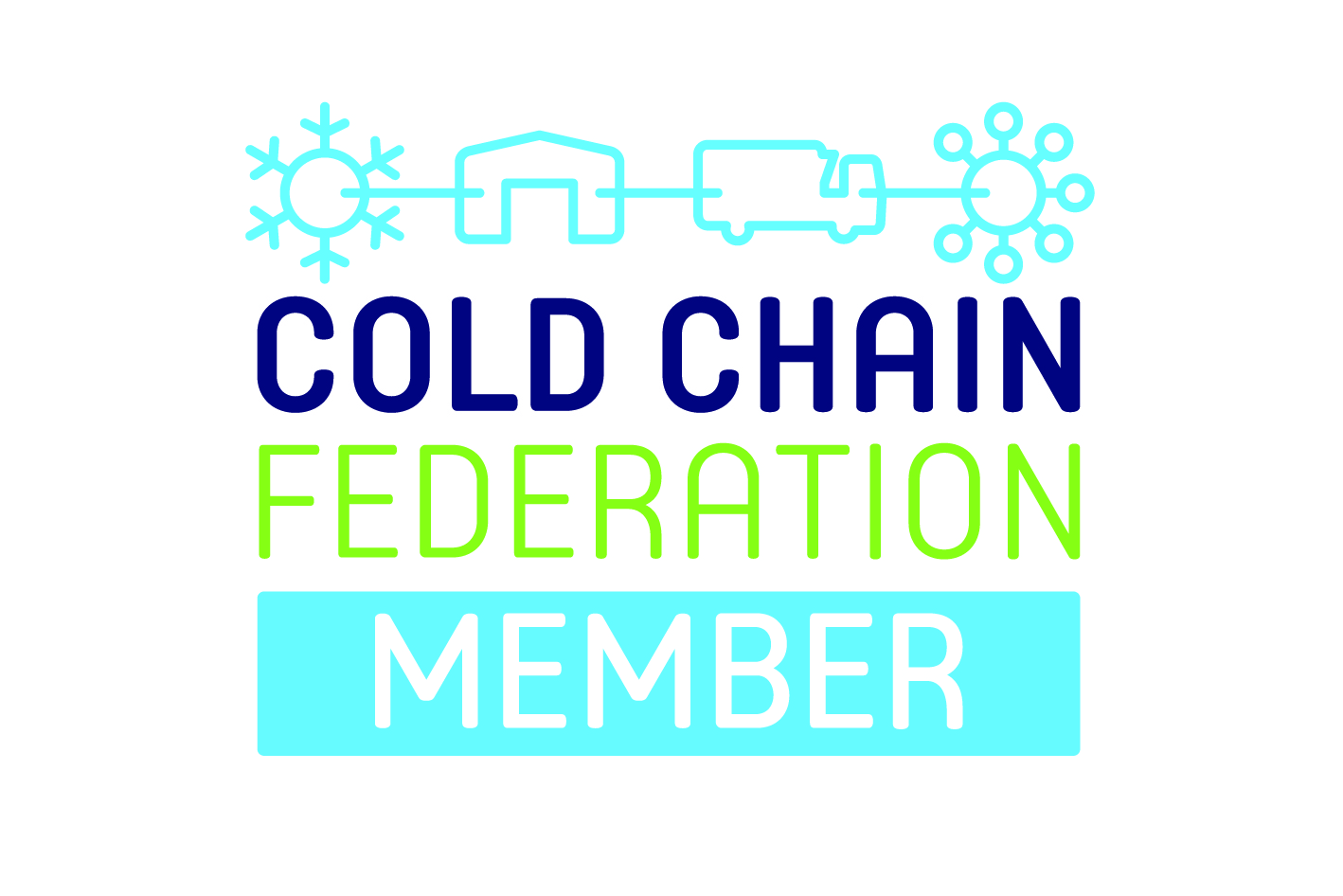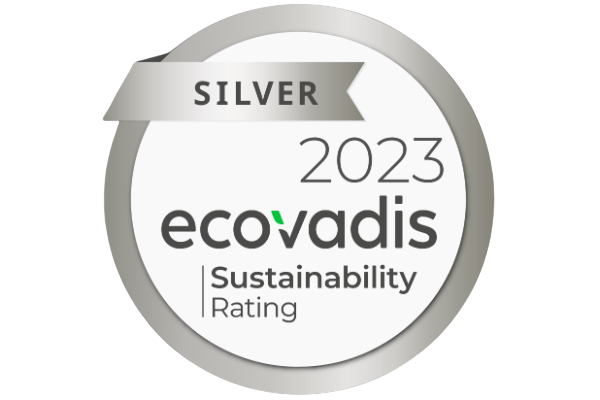Insulated containers for on-board food during airline and railway transportation
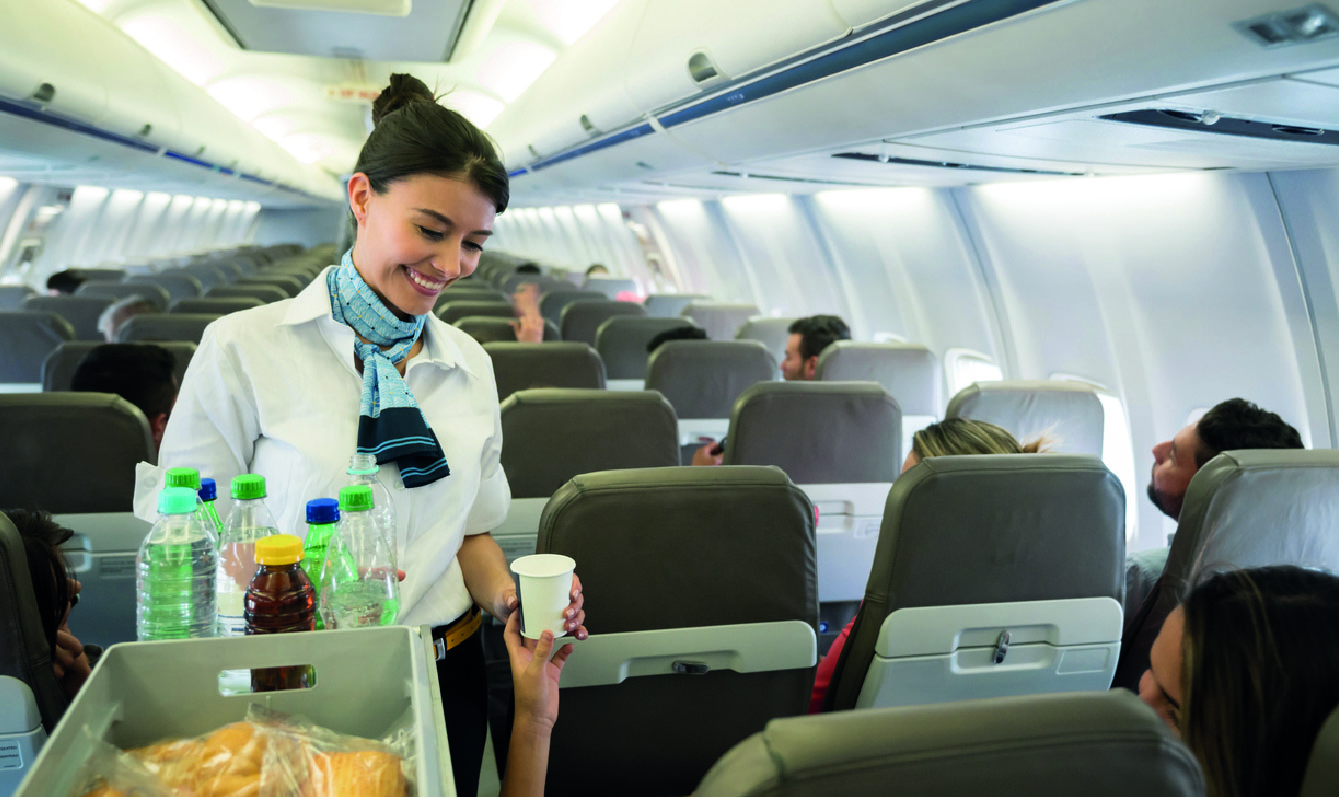
Issue Month: May 2023
Flight and railway transport is a very competitive market where the quality of the additional services is a strategic element for the customer satisfaction and fidelity. Catering is one of the most important additional on-board benefits, with passengers expecting their carriers to provide sufficient on-board food and drink menus all year round.
Catering options have evolved dynamically over the last few years, and with it the need to store food and beverages at low temperatures within an aircraft or train environment. Capable of storing food and drinks between 2°C – 8°C (refrigerated) or -20°C (frozen) for 24 hours without the need of refrigerated galleys, on-board insulated containers are a solution to this industry need. Such solutions need to be compliant – ensuring the food is safe for consumption – and they also have to be a sustainable size to fit into airline’s Atlas carts and boxes that slide into the catering trolleys and carts that the crew use to serve passengers their in-transit meals and snacks.
How do on-board insulated containers work?
An on-board insulated catering container is a solution used by airlines to transport fresh or frozen food (including sandwiches, salads, ice cream, frozen meals) and beverages, that need to be temperature-controlled during a journey. Such containers are made of a robust and long life monocoque hard shell outer and inner, and top-grade VIP sustainable panels. This double layered protection helps to maintain the temperature of the contents and ensure the container is reusable for 5+ years. The box also has airtight seals and locking mechanisms to ensure that the contents stay fresh and secure during transport. The size and shape of the boxes can vary depending on the airline or train’s needs, and they are designed to fit securely in the plane’s cargo hold or galley.
Specifically, passive insulated catering boxes are a type of insulated container used for safely transport food on-board train and plane, as they do not require an external power source to maintain the temperature of the contents allowing return catering options and the use in non-refrigerated galleys. These containers are designed to provide thermal insulation by using a combination of insulating materials and phase change materials (PCMs).
The insulating materials, such as top-grade VIP sustainable panels, reduce the transfer of heat between the contents and the surrounding environment, while the phase-change materials (PCMs) help to maintain the temperature by absorbing or releasing thermal energy as they change from a solid to a liquid state or vice versa.
Passive airline insulated boxes are typically used for short to medium-haul flights, where the duration of the trip is not long enough to require active temperature control.
How can Tower’s AIBs help?
Tower’s on-board catering insulated containers, the AIBs, are designed to be used all year round using one packaging instruction – avoiding extra levels of complication and uncertainty within either validation or operational control. Food graded or FDA “known safe” and thanks to their robust design, the AIBs are extremely durable, giving a longer routable life than other chilled solutions on the market.
As a passive temperature-controlled packaging solution, pre-conditioning and maintenance is stress free. Operating as a standalone solution, without the need for human intervention, dry ice, a power source or water-based gel packs, Tower’s onboard insulated containers deliver constant and consistent results whilst minimising product loss.
Available in two sizes, Tower’s AIB4 and AIB7 has external dimensions of 380 x 270 x 234.5mm and 380 x 270 x 414.5mm making it an ideal size to fit into Atlas carts and boxes. And, at a time when sustainability is at the forefront of the agenda for organisations globally, the other benefit of these on-board insulated containers is that they are fully reusable and dry-ice free
In addition, Tower Cold Chain’s AIBs provide return catering opportunities and possibilities for the closure of down route stations thus reducing costs or where the uplift does not meet the airline food safety requirements.
For more information on Tower’s containers for the airline and railway industry, or to request an AIB Qualification report, click here: https://www.towercoldchain.com/onboard-catering-insulated-box/

